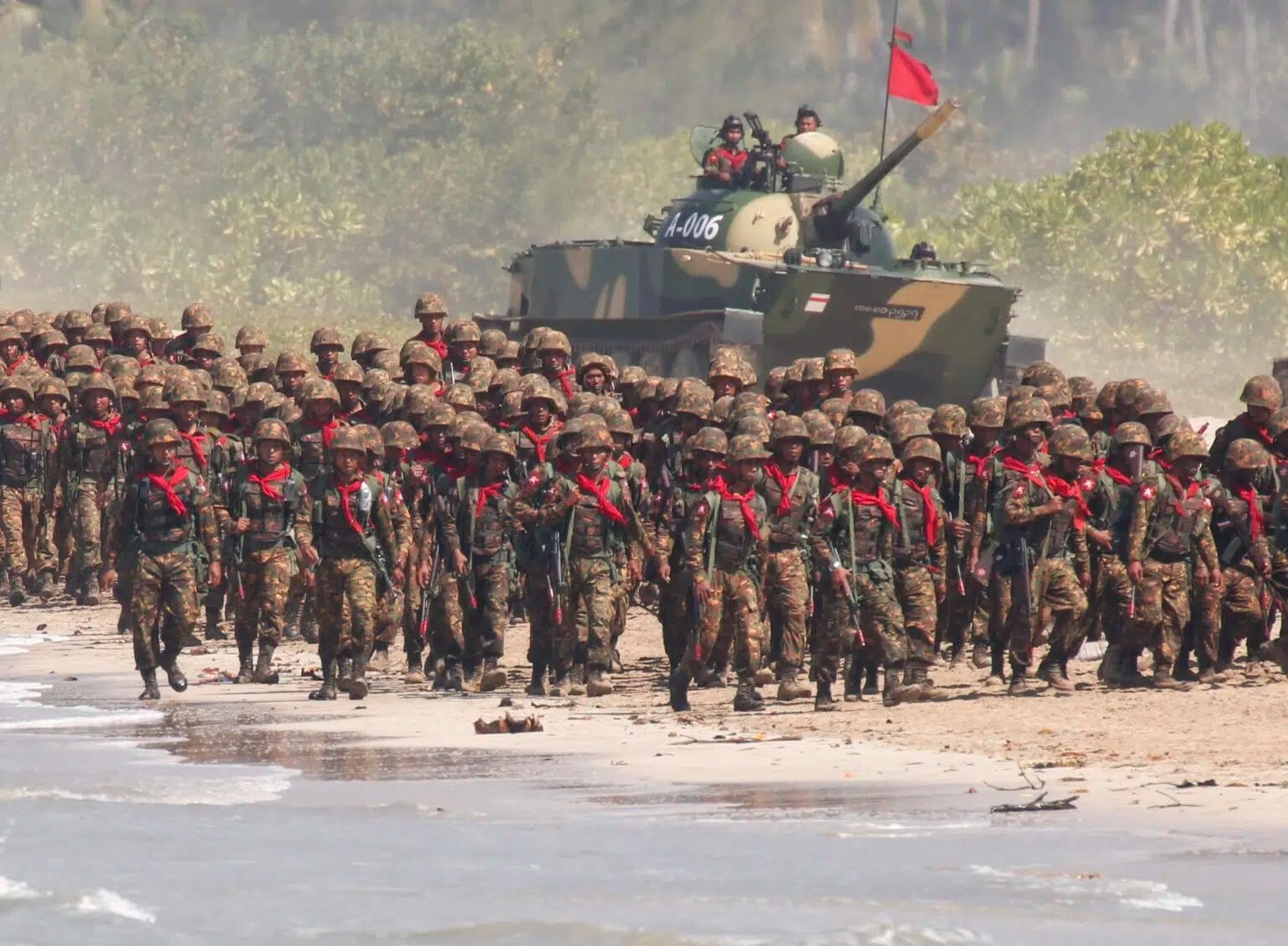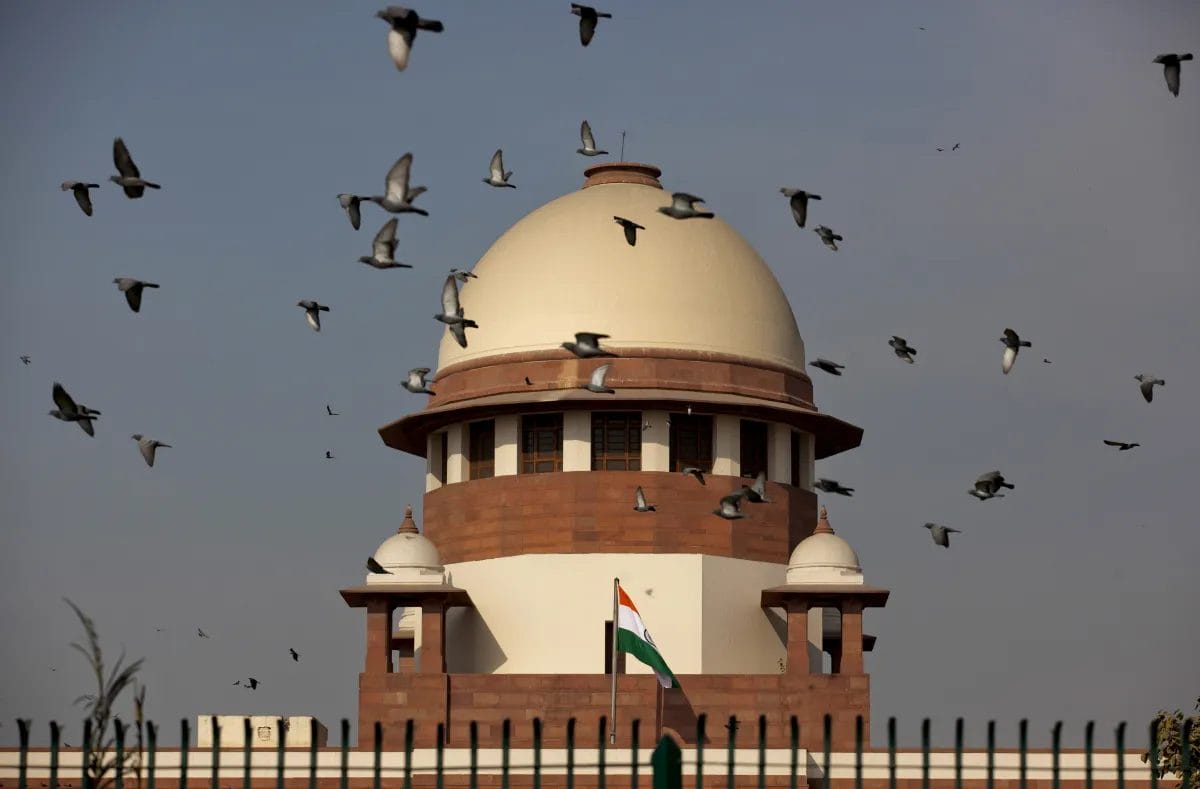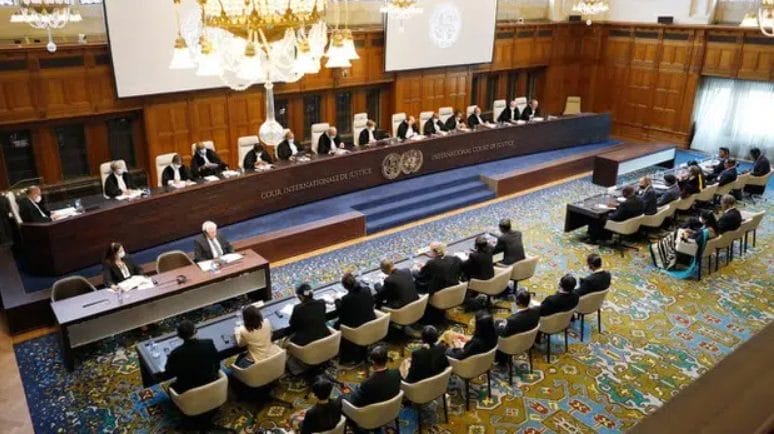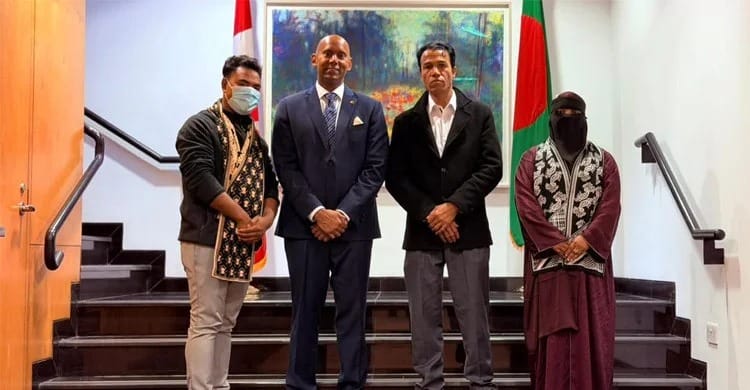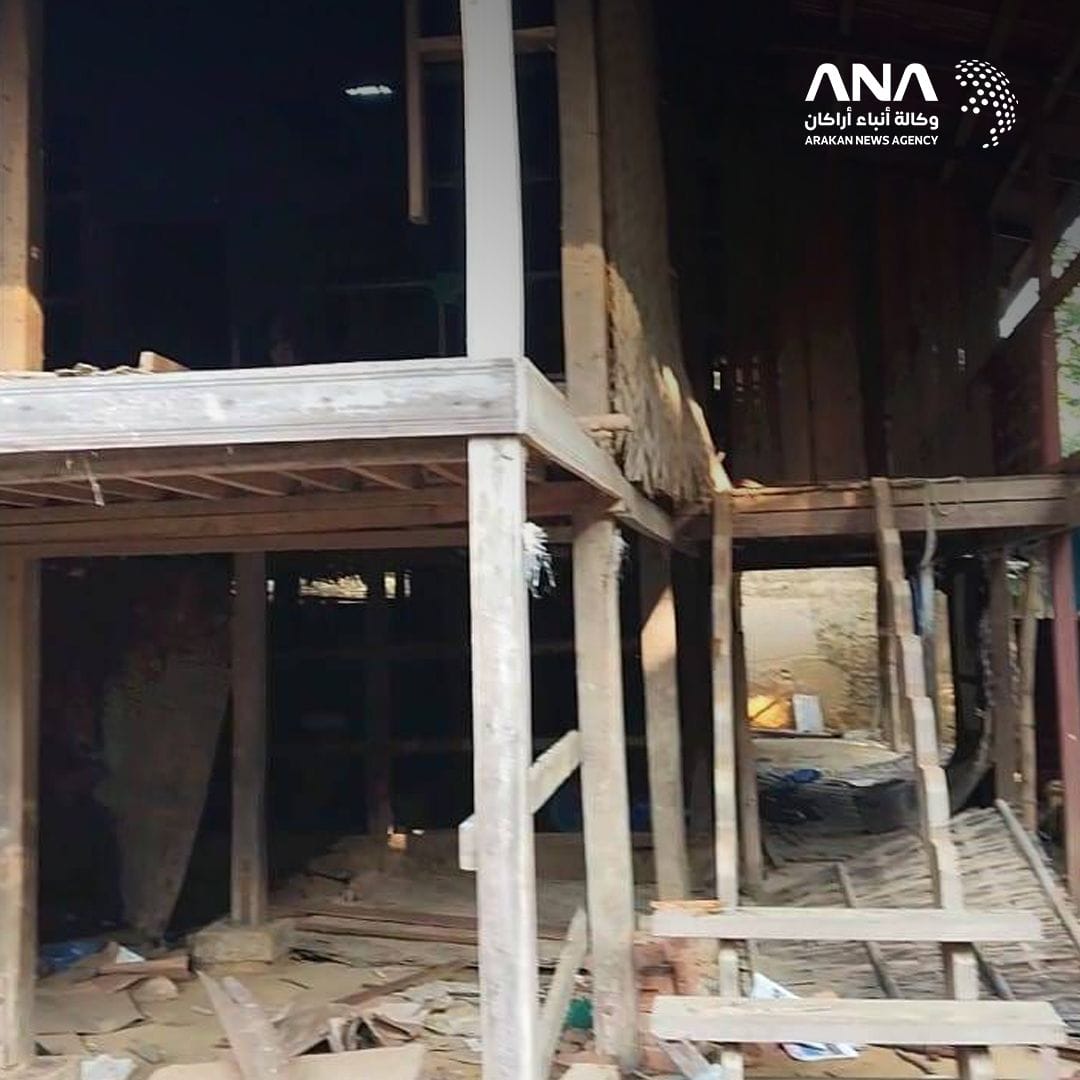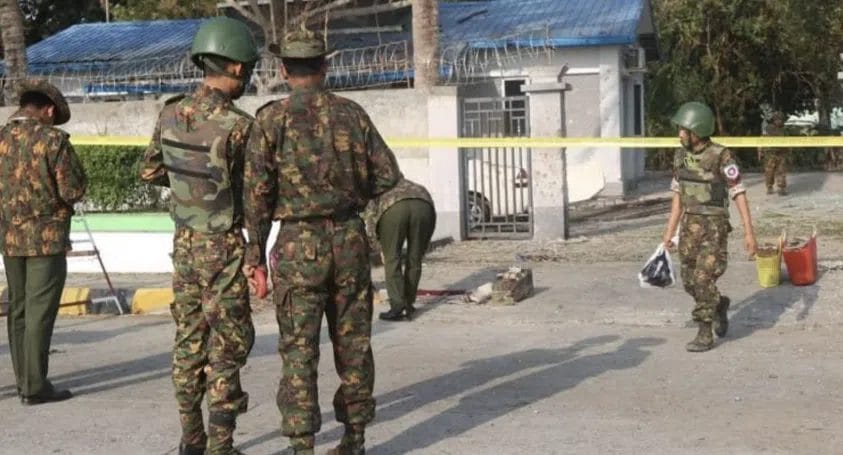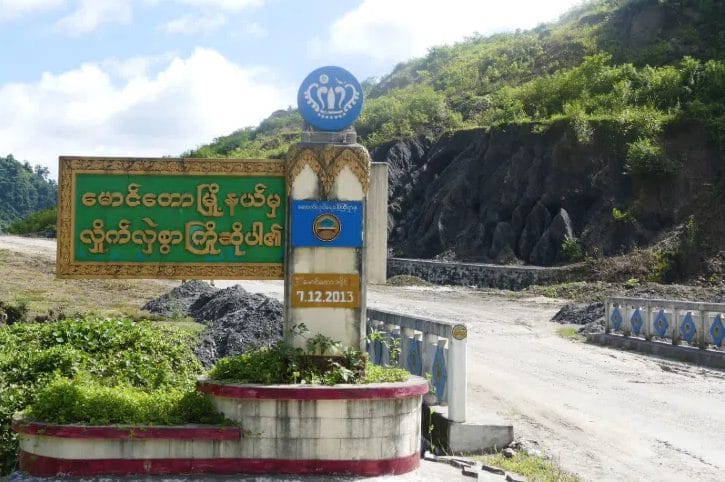Arakan News Agency | Exclusive
Local reports indicate that the separatist Arakan Army (AA), which controls the state, continues to expel Rohingya returning to Buthidaung City from their lands and homes, and resetting Rakhine people in their properties.
Arakan News Agency (ANA) correspondent explained that although the Arakan Army granted Rohingya a 20 x 40-foot plot of land on the eastern bank of the Mayu River to live on, they have cut off all materials and supplies needed to build adequate housing. He noted that the land was previously owned by the Rohingya before the Arakan Army confiscated it.
The Arakan Army has not provided any assistance to the Rohingya during the current rainy season and has prevented them from going to the nearby forests and cutting bamboo and trees to build homes. Most Rohingya lack the funds to purchase these items from the markets where Rakhine people sell them, forcing them to sell everything they own and flee to Bangladesh.
“The situation is very dangerous in the new location, and the houses are very close together. I am very concerned about the possibility of a fire. Also, if the sewage is not disposed of properly, infectious diseases could spread. I reported this to the Arakan Army officials, but they did not respond”, a local resident told ANA.
The displaced local resident added that he was forced to move from his previous village for fear of being arrested if he disobeyed orders. He noted that all the fields owned by the Rohingya have disappeared.
Rakhine Operation

Local sources reported that the Arakan Army is conducting a “Rakhine Operation” in the areas it controls, which involves dismantling towns and villages with high Rohingya populations, forcibly relocating them, and permanently evacuating them. He also noted that the Rakhine resettlement of in villages, farms, and abandoned Rohingya homes is ongoing.
Local Rakhines are expanding into vacant Rohingya villages, where each family has been given two acres of land, a tractor, and necessary expenses for agricultural activities. A source told ANA that the Arakan Army has completely banned indigenous Rohingya from farming on their own land.
Hundreds of Rakhine families have been resettled in the villages of Maung Gyi Taung, Tat Min Chaung, and Khaing Chaung in Buthidaung since early May under this program. The Arakan Army is resettling Rakhine families who fled the war in Rathedaung and Thandwe towns in the area.
According to recent data, approximately 100,000 Rohingya have been displaced since the Arakan Army took control of Buthidaung town, and the Arakan Army has forced tens of thousands of them from their homes and into new refugee camps without their consent.
Residents confirmed that Buthidaung and Maungdaw used to be Muslim-majority areas, but now under the Arakan Army’s control, the population ratio is changing. The priority is the resettlement of Rakhine refugees from Thandwe and Rathedaung to Buthidaung, and the second priority is the forced evacuation of Rohingya villages in Maungdaw and the resettlement of Rakhine people.
The Arakan Army recently allowed Rohingya to return to Buthidaung, where Rohingya neighborhoods were subjected to widespread destruction and burning on March 18, 2024. Wards 1, 2, 4, and 6 were completely burned, and 90% of Ward 7 was destroyed. The returning Rohingya are living in tents in the burned areas, while some have been allowed to live in Ward 5, which was not burned. The Arakan Army has again expelled those whose homes were burned, while those living in their homes that were not burned have been forced to live near an Arakan Army camp.
The Arakan Army launched a military campaign in November 2023 against the Myanmar military to seize control of the state, capturing 14 of the 17 towns. The conflict has also affected the Rohingya, who have been subjected to violence, forced displacement, and persecution by both sides. They were also subjected to a “genocidal” campaign by the Myanmar military in 2017, which forced nearly a million of them to flee to Bangladesh.





